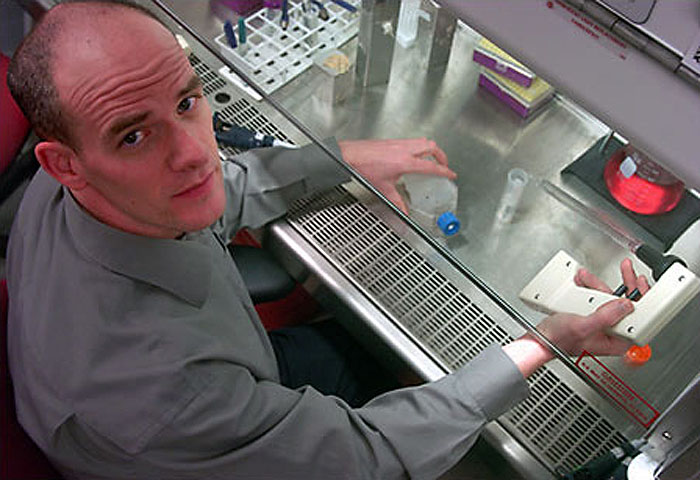News
Latest Research in Dental Stem Cell Treatment
17/04/2018
Millions of root canals are performed every year around the world to try and treat decaying teeth.
Teeth consist of two parts: the crown at the top and the root. The crown the part of the tooth you can see in your mouth. The root is below the surface, extending into the bone of the jaw.
When teeth become infected, the pulp in teeth can no longer protect the teeth and the pulp will begin to die if it’s infected by bacteria, allowing the bacteria to then multiply and spread.
When this happens, there is often pain for a person when they are eating, biting or chewing and in severe cases, people can lose teeth.
Dentists will see this after an x-ray and will suggest a root canal.
Millions of people receive root canals each year. Although, for many people, one procedure often doesn’t work, patients have to get multiple root canals in order to finally get rid of the pain.
While around 9 of 10 root canals last up to 10 years, many do not. For dentists to be able to save the tooth, they must damage it further. Dentists do this as they have to remove the decay from the tooth before filling the area.
Each of these procedures can cost anything between £250 and £500. This procedure can be extremely painful and time-consuming.
Research into stem cell treatment
This year bioengineers at King’s College London have been researching into stem cell treatment. Scientists are claiming that if it makes it into a dentists day to day life, then it would be one of the field’s most important advances in 50 years.
Paul Sharpe has been one of the leading bioengineers working on the treatment. He claims by using stem cells he could boost the natural healing ability of teeth by mobilizing the stem cells in the dental pulp.
Sharpe has tested his stem cell treatment theory and explained his findings.
He said: “It was essentially a complete repair,” Sharpe says. “You can barely see the joint where the old and new dentin meet. This could eventually be the first routine pharmaceutical treatment in dentistry.”
David Mooney, a professor of bioengineering at Harvard University who specialises in new ways to treat decayed teeth, says he is “very impressed” by these findings. “This is not just scientifically important, but has significant practical advantages,” he says. Mooney was not involved in these findings.

David Mooney, professor of bioengineering at Harvard University. [Credit: Michelson Medical Research]
As the amount of drugs used in the stem cell treatment is so small, that the risk of unwanted growth is minut. Celiz also agrees that the danger is minimal, but he says rigorous clinical trials need to be done to rule out potential side effects.
Sharpe and his team are now investigating into larger groups of candidate drugs to determine which stem cell therapy works best for decaying teeth and also working on the optimal dose.
They currently are also working on a new delivery system which is more amenable to modern dental practices: The chosen stem cell will be dissolved in a gel that is injected into a cavity and bathed with ultraviolet light to solidify it. This is -a quick and easy procedure similar to one that dentists already use to seal and repair teeth.
The hope is to properly introduce the new stem cell treatment to modern dentistry, although, researchers still need to perform clinical trials with human patients.
Some of the stem cell treatments are currently being considered to be approved for other uses in humans, which he hopes could expedite the process for eventual approval. “A lot of dental treatments are still in the dark ages,” Sharpe says. “It’s time to move on.”
If you want more information on how you can protect your child’s future health by banking their cells, get in touch with our friendly team today or order your free information pack.
